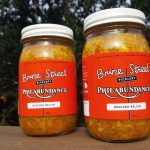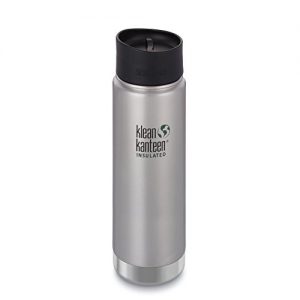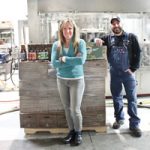Your Greek yogurt creates food waste that could one day be used in jet fuel.
That’s right—when Greek yogurt is made, it leaves behind liquid whey, which is the watery remains after protein is strained from milk. A process that mixes this waste with thousands of species of bacteria and some heat transforms the whey into a new material called bio-oil, which could be used in biofuels or additives in livestock feed.
http://www.newsweek.com/2017/12/29/greek-yogurt-waste-could-be-used-jet-fuel-and-livestock-feed-746965.html
and
Waste streams can be renewable feedstocks to produce biofuels and chemicals. Acid whey is an example waste stream and is produced by the Greek-yogurt industry in large volumes. This whey and other waste streams have been successfully converted into methane gas by anaerobic digesters with open cultures of microbial consortia (microbiomes). However, the revenue from methane has been relatively low. Until now, no other products could be produced with microbiomes from this waste stream. This has now changed. Here, we showed that acid whey was converted into valuable medium-chain carboxylic acids (MCCAs), such as n-caproic acid (n-hexanoic acid) and n-caprylic acid (n-octanoic acid), without addition of external electron acceptors.
http://www.cell.com/joule/fulltext/S2542-4351(17)30179-4







